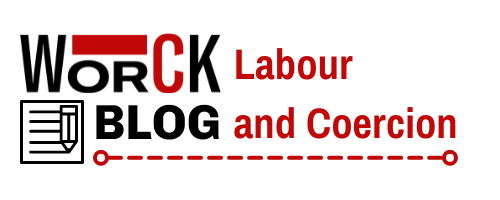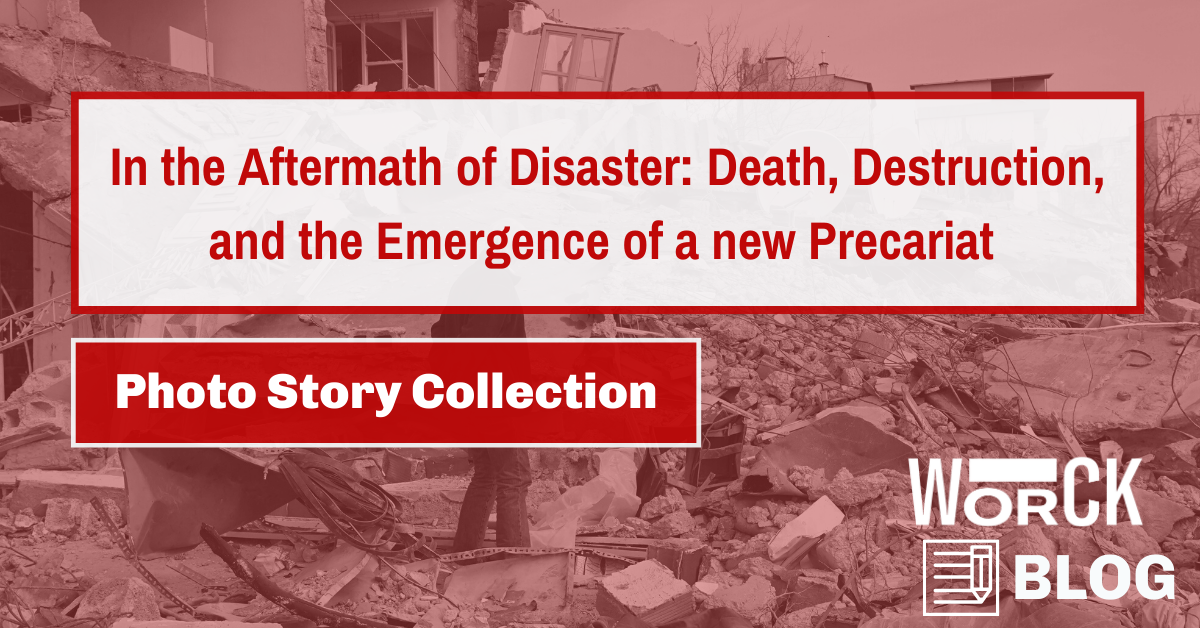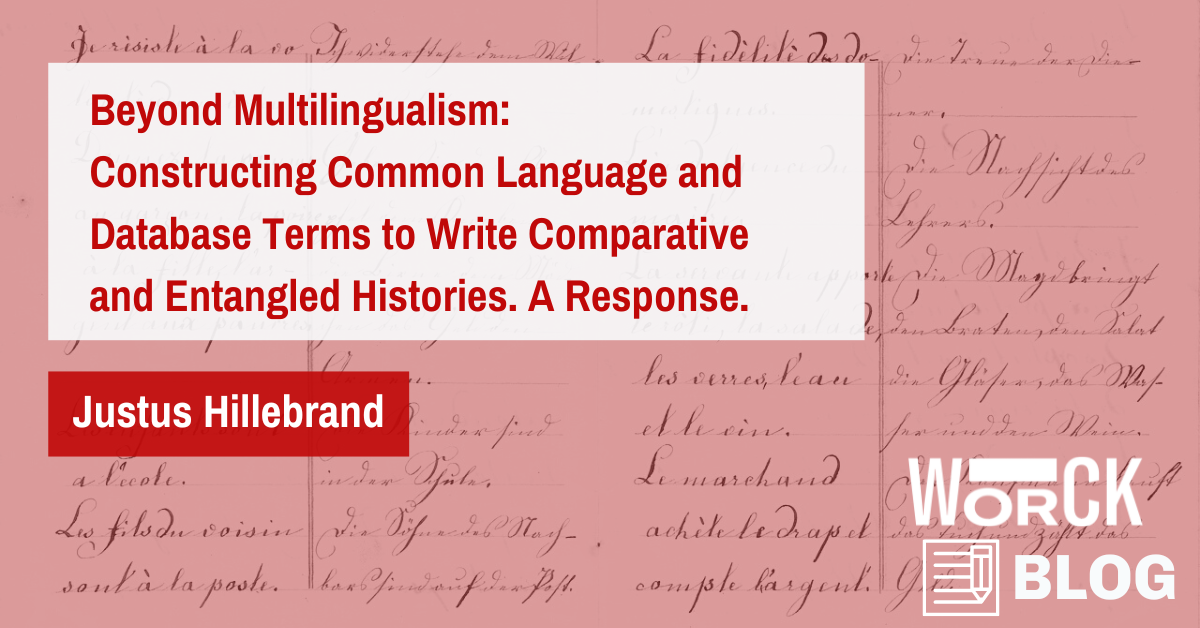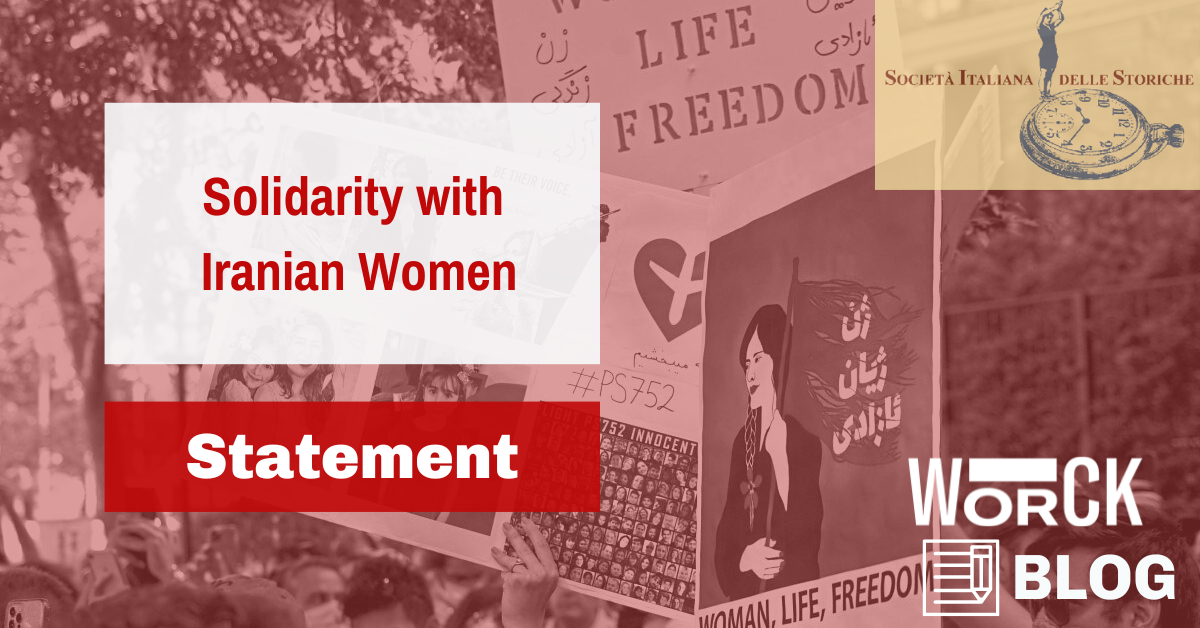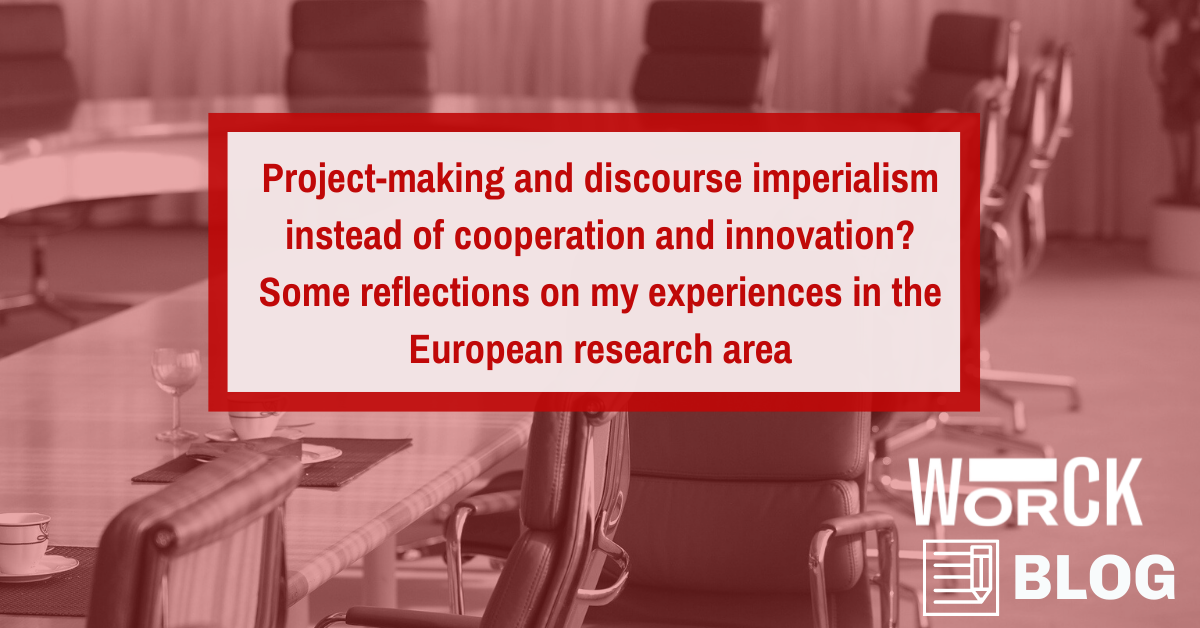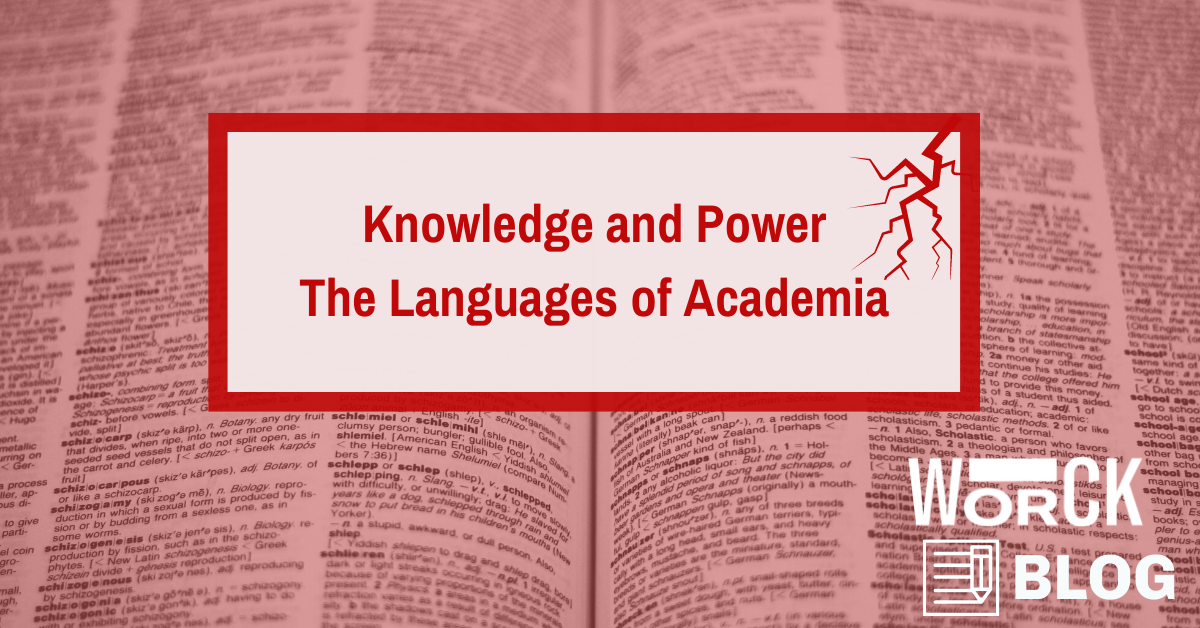
In the Aftermath of Disaster: Death, Destruction, and the Emergence of a new Precariat (Virtual Mobility Grant)
This photo story collection was curated after the devastating earthquake that struck a significant area in Syria and Turkey on February 6, 2023. The project aimed to lend an ear to the narratives of those who survived the earthquake and draw attention to the [...]
Beyond Multilingualism: Constructing Common Language and Database Terms to Write Comparative and Entangled Histories. A Response.
By Justus Hillebrand (Independent Scholar/Digital History Consulting) I remember sitting in a session at the Rural History conference in 2017 in Leuven, Belgium. After presentations on fertilisers and state building from the eighteenth to the early twentieth century, the discussion became increasingly muddled. [...]
Solidarity with Iranian Women
By the Società Italiana delle Storiche (Italian Society of Women Historians) The Società Italiana delle Storiche (Italian Society of Women Historians) is following the recent events in Iran with admiration and concern in equal measure: admiration for the courage of women of all [...]
Project-making and discourse imperialism instead of cooperation and innovation? Some re-flections on my experiences in the European research area
German By Peter-Paul Bänziger (University of Basel) In a 2017 interview, Tuğrul Erbaydar, a physician and founding member of AİDS Savaşım Derneği (Association for the Fight against AIDS), explored the history of AIDS and HIV in 1990s Turkey. Among other things, [...]
Knowledge and Power: The Languages of Academia
Italian By Christian De Vito (Bonn Center for Dependency and Slavery Studies) This text was originally written 2019 in Italian, and published under the title Sapere e potere: le lingue dell’accademia in the journal Zapruder, no. 52 (2020): 193–200. It is [...]
Empowerment of new actors and homogenisation of perspectives? The ambivalent effects of European research funding on academic work in the field of rural and agrarian history. A call for a debate.
German By Peter Moser (Archives of Rural History, Bern) Somewhat parallel to the rise of economic and social history, a marginalisation of agricultural historical research and the securing and indexing of sources relating to rural society from the 19th and 20th [...]
